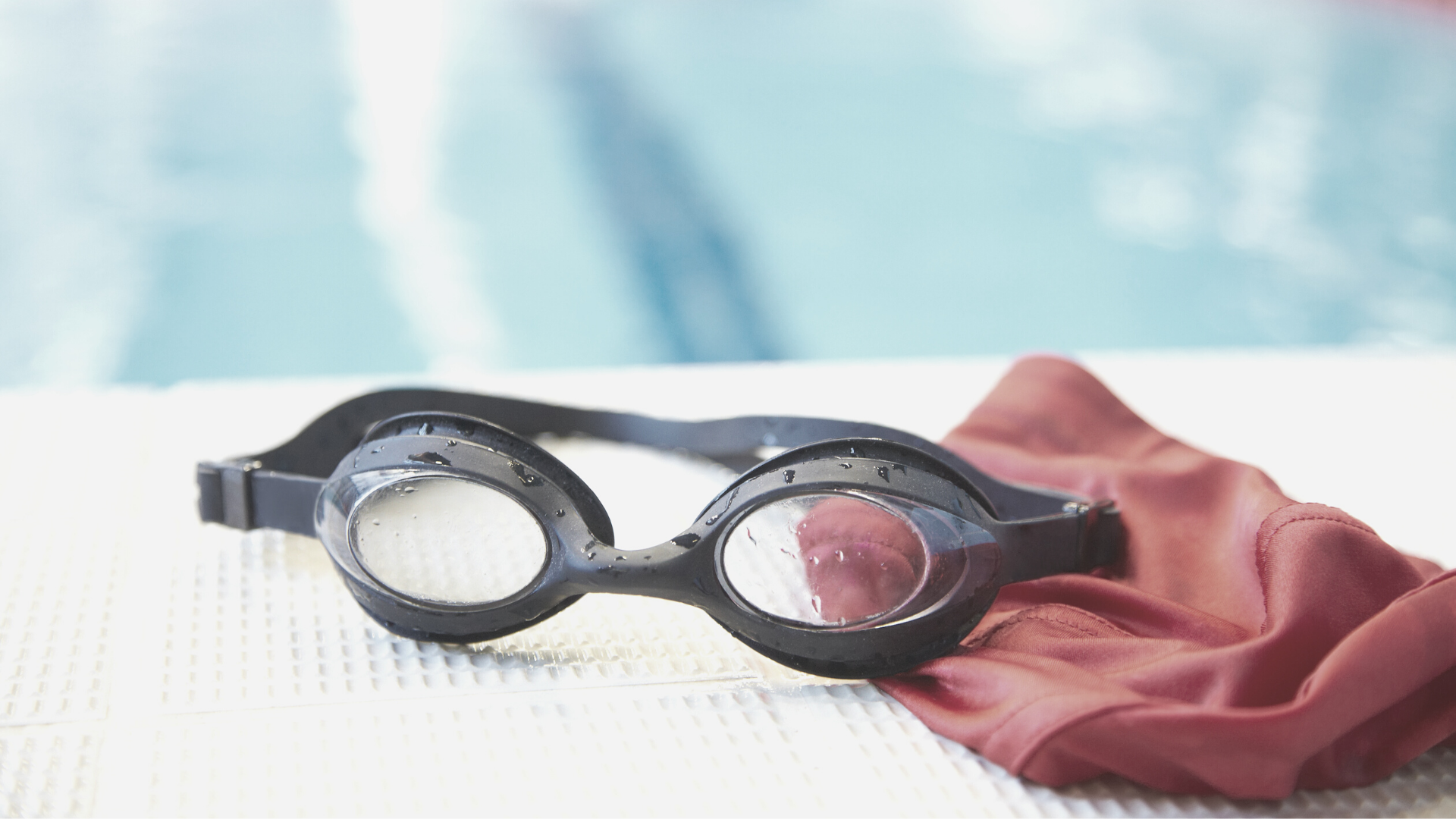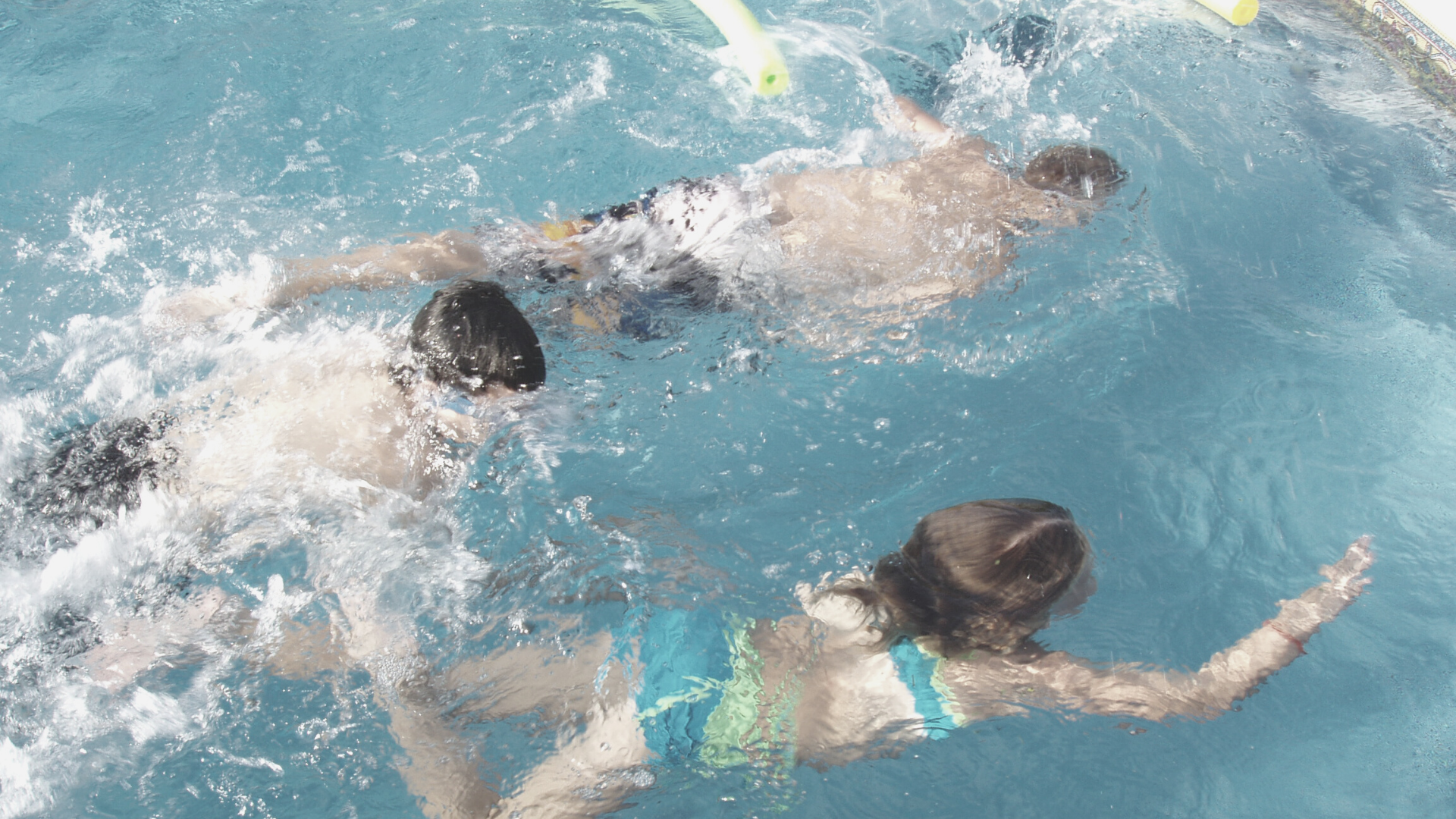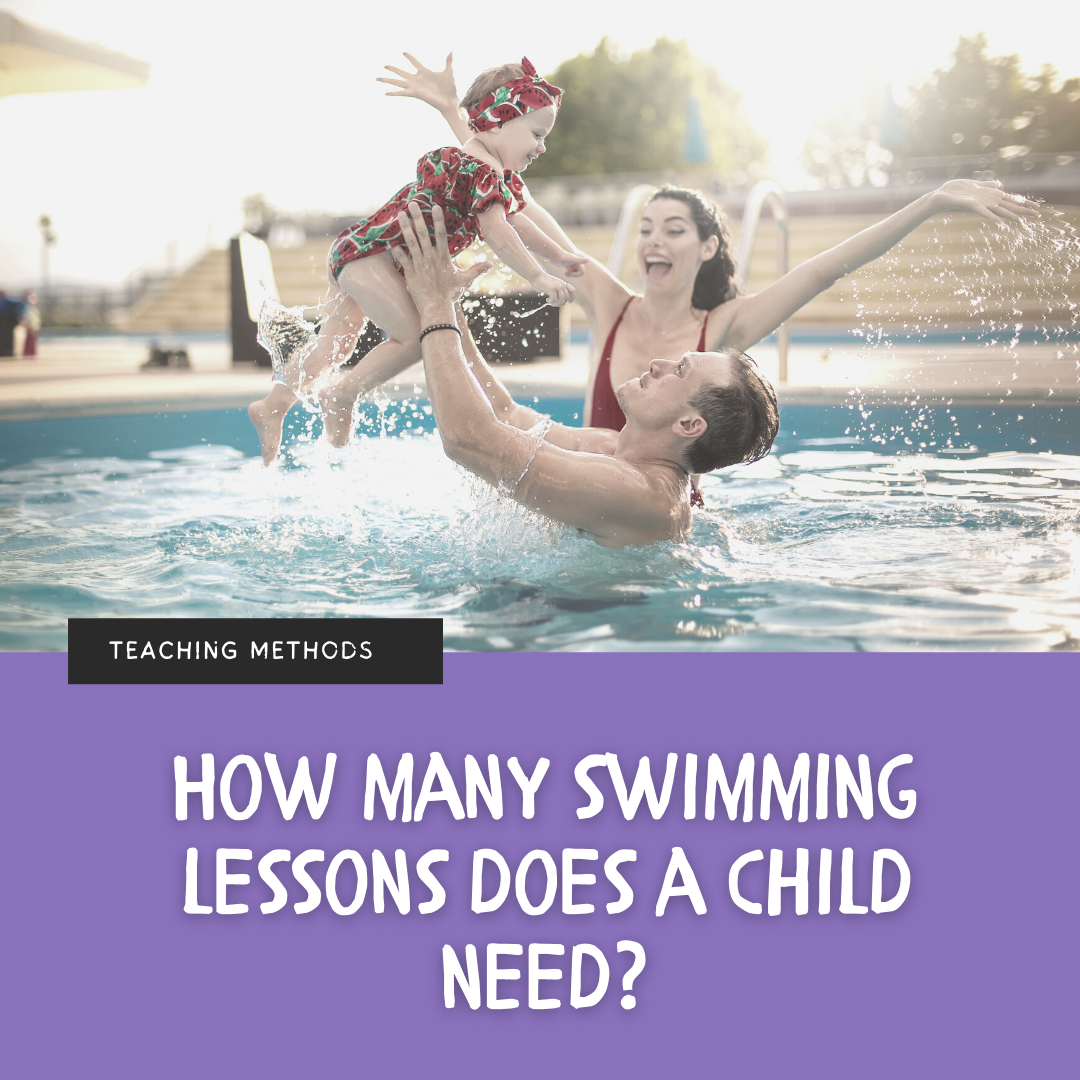How Many Swimming Lessons Does a Child Need?
Swimming is a great way for children to stay active and healthy, and it can also be a lot of fun. But how many swimming lessons does a child need before they are ready to swim on their own? And what kind of swimming lessons should you choose for your child? This blog post will answer those questions and more. Keep reading to learn more about swimming lessons for children.
How many swimming lessons does a child need?
Most children need to take swimming lessons once a week for at least a year in order to learn how to swim. In some cases, children may need more than a year of swimming lessons in order to become proficient swimmers. Hence, look for a swimming pool western suburbs or other locations near you so that taking regular lessons doesn’t become an exhausting task for your child. Swimming lessons are important for toddlers and young children because they help them stay safe in the water. Swimming lessons can also help children stay fit and healthy. Furthermore, group lessons provide opportunities for children to make friends and boost their social skills.
What kind of swimming lessons should you choose for your child?
When signing your child up for swimming lessons, it is important that their classes are age appropriate.
For very young children, infant swim lessons are offered. Once your child starts to walk, you can also sign up for toddler swimming lessons. In both of these classes, the parent and child learn how to be safe around water and how to swim.
For slightly older children, group swimming lessons are available. These lessons usually have an instructor and several students in each class.
Finally, for teenagers and adults, private lessons are often the best option. These one-on-one classes allow for more personal instruction and can be tailored to the specific needs of the student.

When should I take my child to swimming lessons?
Children should start swimming lessons as soon as they can, but generally around the age of three. By the time a child is four years old, they should have a strong enough grasp of swimming basics to be able to move on from the beginning classes. In case, your kids have crossed this age, they can still start the lessons as learning can start at any age. You may only need to buy a swimming costume, some swimming caps for adults and kids, and a pair of swimming goggles to make them kick-start their journey of swimming.
Where should I take my child for swimming lessons?
Next comes the place of training for your child. For example, if you’re a skilled swimmer yourself and have a pool at home, you can teach your child right there. Consider upgrading your swimming area by adding fences for enhancing security, and installing pavers around pool for easy access to the training area. Alternatively, you can sign up your child for swimming lessons at a local club. These clubs have experienced coaches and a well-organized program with regular practices and competitions, offering your child a thorough and structured learning experience.
How many swimming lessons does my child need?
This really depends on your child’s personality and their willingness to learn. Generally, children take around ten classes before they become proficient enough to pass on to the next level. However, it is important not to rush your child – forcing them into taking classes won’t teach them anything and will likely make them resent swimming time.
Tips for choosing the right swimming lessons for your child
- Ask other parents for recommendations. Try to find out if they were happy with the teacher and where they went.
- Make sure to check whether or not the pool meets the pool fence compliance melbourne (or elsewhere). This step holds paramount importance as it directly contributes to the overall safety of the pool area.
- Smaller class sizes tend to be better. Some classes can have as few as 4 children per instructor.
- Make sure your child will only be with others of the same skill level and, if possible, age. Learning to swim can be daunting, especially for younger learners but being around similar children can be reassuring.
- Look for classes that are convenient for your schedule and your child. Don’t overload your child on a day when they have other after-school activities and don’t make your child wait too long for a meal, as this can affect your child’s attitude towards their lessons.
- If possible, opt for swim lessons that parents and caregivers can watch from nearby. Most pools nowadays have waiting areas and viewing platforms so be sure to look for these when comparing your options.
What should I look for in a good swimming instructor?
When choosing a good swimming teacher you should be looking at their ability as an instructor. It is important to look for a teacher who can teach your child swimming basics and life skills such as water safety and how to swim away from dangerous situations.
And what should I look out for in a bad swimming teacher?
There are certain red flags that indicate a potentially bad instructor, such as excessive drinking or smoking during class, not maintaining a clean environment for the children to learn in, or just being generally uninterested in what they are doing. You should stay away from teachers who display these behaviors.

The benefits of swimming for children
Swimming is a great activity for children that will help them to develop skills such as socialization and learn how to be comfortable in the water.
- Swimming has also shown how it can improve physical health by strengthening muscles, improving heart function, and helps with weight control.
- Swimming is also very good for mental health because it promotes relaxation which reduces stress levels and allows for a break from everyday life.
- Swimming can also help with self-esteem and how children feel about themselves because it helps to build muscles and cardiovascular fitness which can boost how they feel about how they look.
For children, swimming lessons impart valuable skills
Swimming is a vital life skill that all children should learn. Swimming lessons provide children with the opportunity to learn how to swim in a safe and fun environment.
In addition, swim classes teach important water safety skills that could save a child’s life one day. Children who participate in swimming lessons are more likely to know how to swim safely and effectively than those who do not participate in swimming lessons. Above all, swimming lessons are an essential part of any childhood development program.

